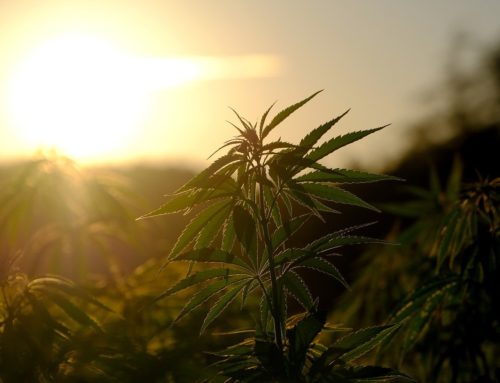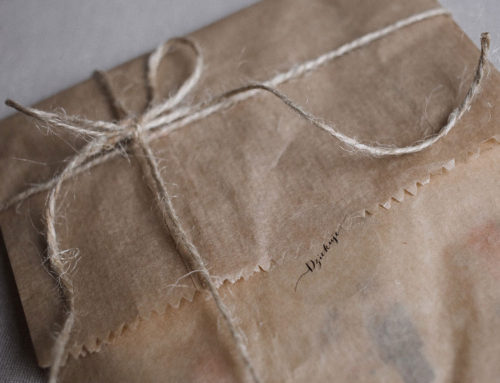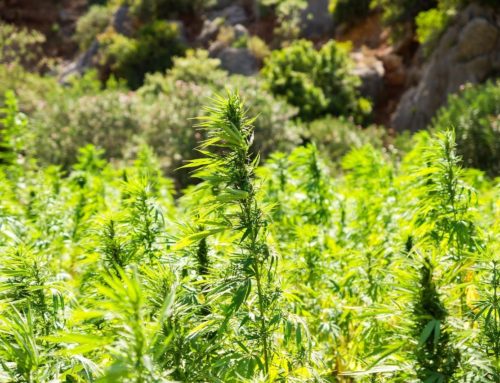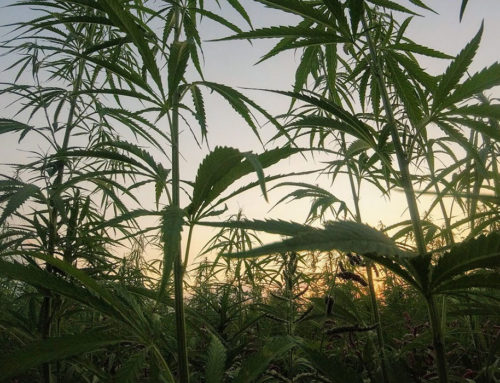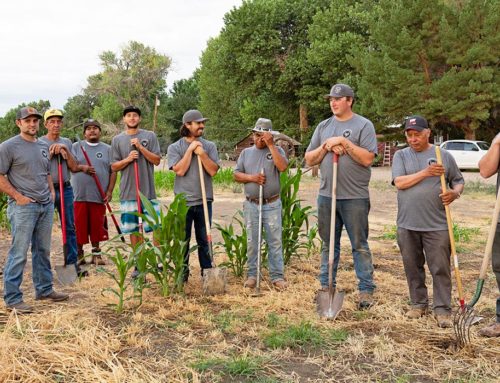Plastic is a daily part of life. And while conventional plastic products have a utilitarian place in our world, most of it is made with petroleum, a non-renewable, non-biodegradable, and toxic resource. But it doesn’t have to be that way. Plastic is made of polymers, which can be synthetic, derived from fossil fuels, or extracted from plants.
Plastic Pollution
Our planet is being overwhelmed by single-use plastics. Beaches are clogged with water bottles and plastic packaging; marine life is dying from eating plastic waste. According to National Geographic, 73% of beach litter is plastic and world production is only increasing. The same report showed that 40% of plastic is used only once and then thrown away, with only 9% being recycled. This is devastating and it’s only getting worse.
We need to establish a better recycling system and sustainable alternative to plastic packaging. And that alternative is in the form of plant-based plastics. While many companies are stepping up to the plate and moving forward with biodegradable plastics, there is much more work to be done.

It’s All About Hemp
Since the passing of the 2014 Farm Bill, the hemp plant, cannabis sativa, is experiencing a revolution. The Bill allowed for more research in the cannabis industry and larger-scale production leading to advancements in CBD oils and fiber processing. While hemp flower has medicinal properties and a lot of focus tends to be there, the rest of the plant is just as useful and often thrown away. 2018 marked the year that hemp became fully legal which has opened more doors to its many uses.
But hemp grown for industrial use is nothing new. The stalk of the plant has been used for centuries to produce bast fibers which can be woven into rope, textiles for clothing, and even produced as glass fiber.
The woody core of the stalk is made into a pulp that produces paper and building materials like hemp concrete. It’s common knowledge that the Declaration of Independence was written on hemp paper and Henry Ford famously built an entire car out of hemp.
And guess what else comes from the hemp core, or hurds? Cellulose polymers.
Hemp Plastics
Conventional plastic is essentially made from crude oil which is refined into hydrocarbon and naphtha compounds to make polymer chains. While there is much more to the process, basically two types of synthetic polymers are used to make thermoplastics and thermosets.
However, polymers are also found in the hemp plant’s core which can be used to make bioplastic. In addition to 100% hemp-based polymers, different polymers can be made from hemp including:
- Hemp propylene
- Hemp ethylene (polyethylene)
- Hemp acrylonitrile butadiene styrene (ABS)
Hemp cellulose polymers can be used to make a variety of plastic products from cellophane and other forms of packaging to surfboards, car dashes, and musical instruments. While hemp bioplastics aren’t perfect and there is still more research to be done, they are a much more eco-friendly and biodegradable option.
Western States Hemp | Growing Industrial Hemp for Companies That Care
We’ve been in the hemp industry long enough to know the many benefits of the plant. At Western States Hemp we have the capacity to scale to meet our customer’s hemp needs. We are always at the forefront of the industry and are currently hammer milling our discarded hemp stalks which can eventually be manufactured into paper and plastic.
Whether you are looking for raw material or a processed fiber, we can help. Our farmers look forward to working with you!
